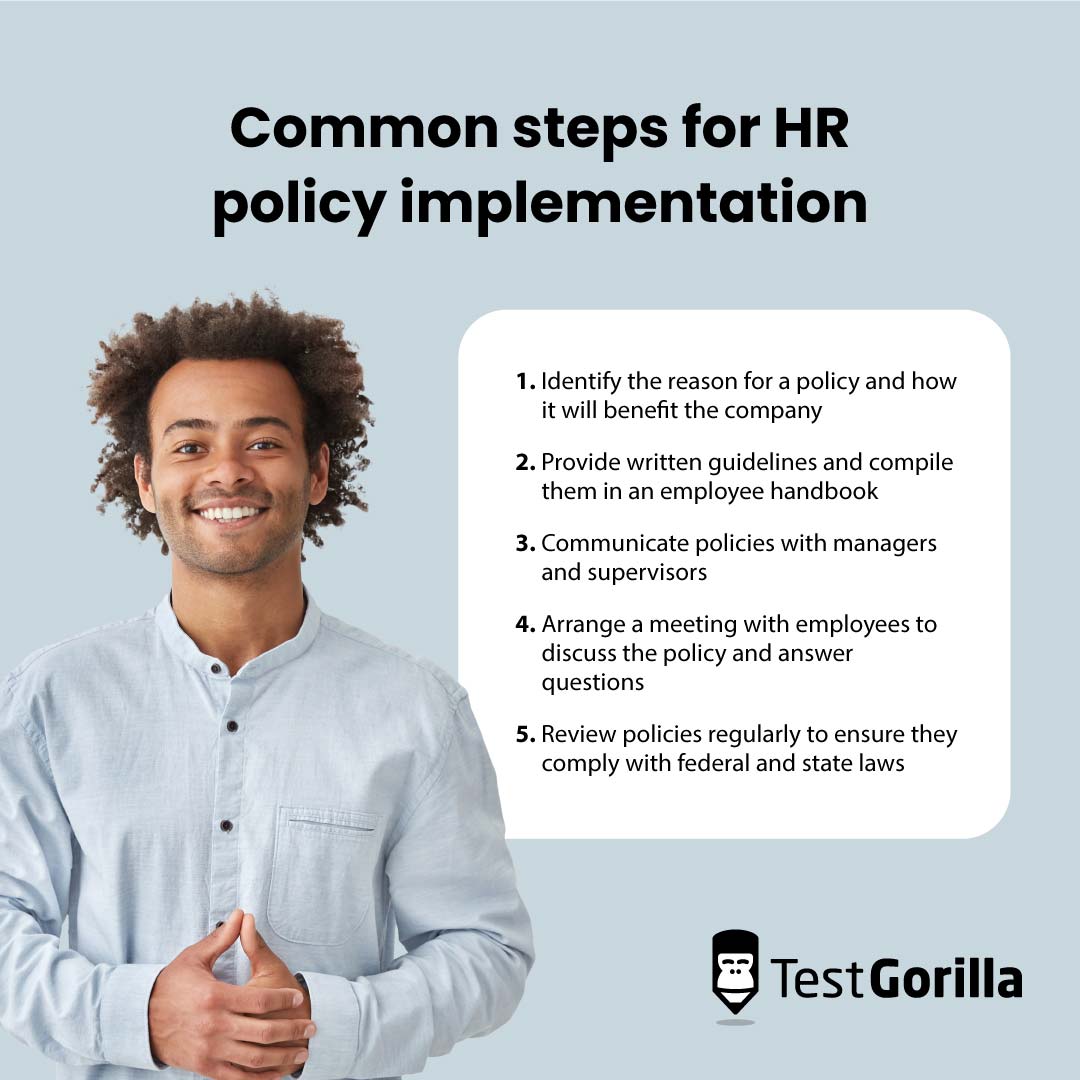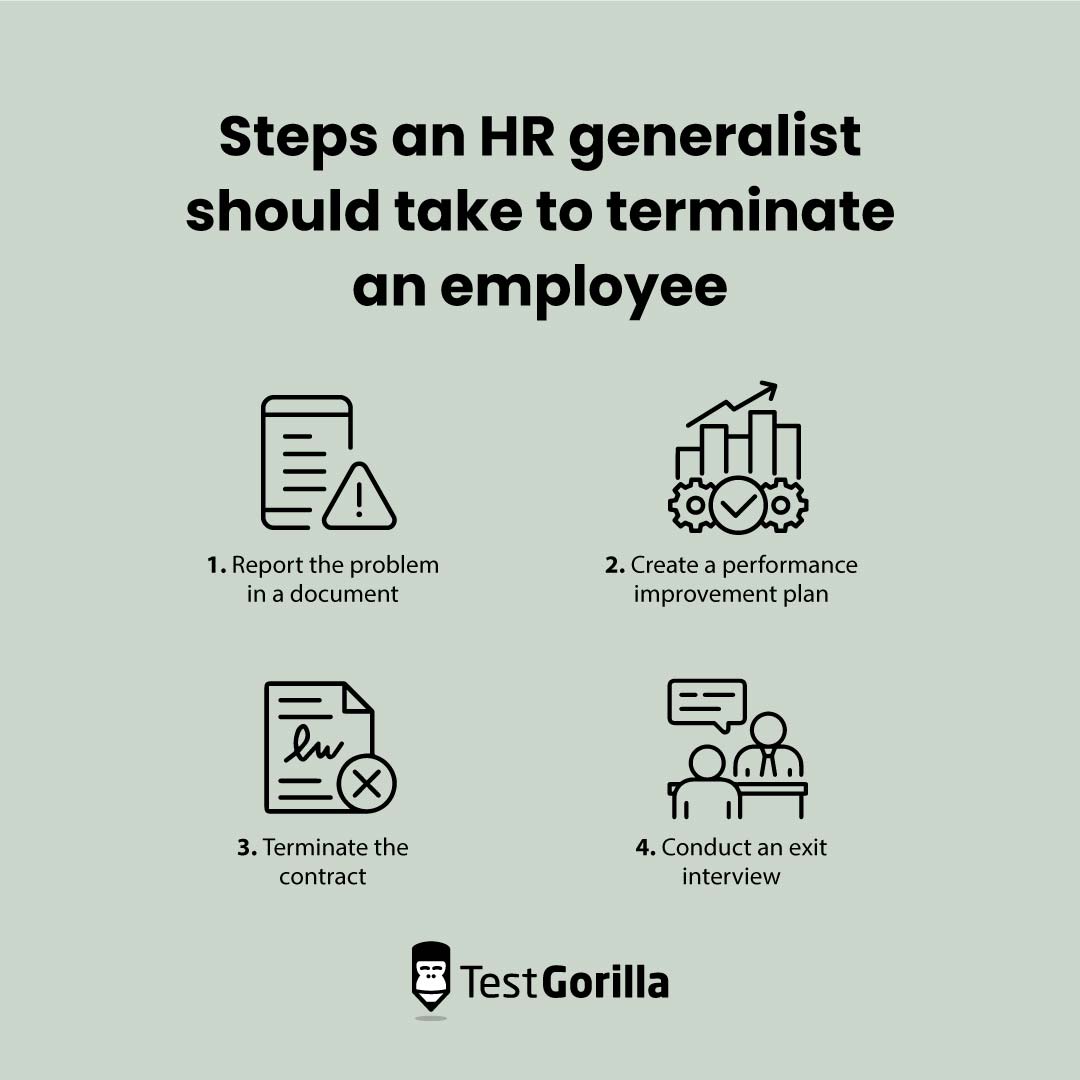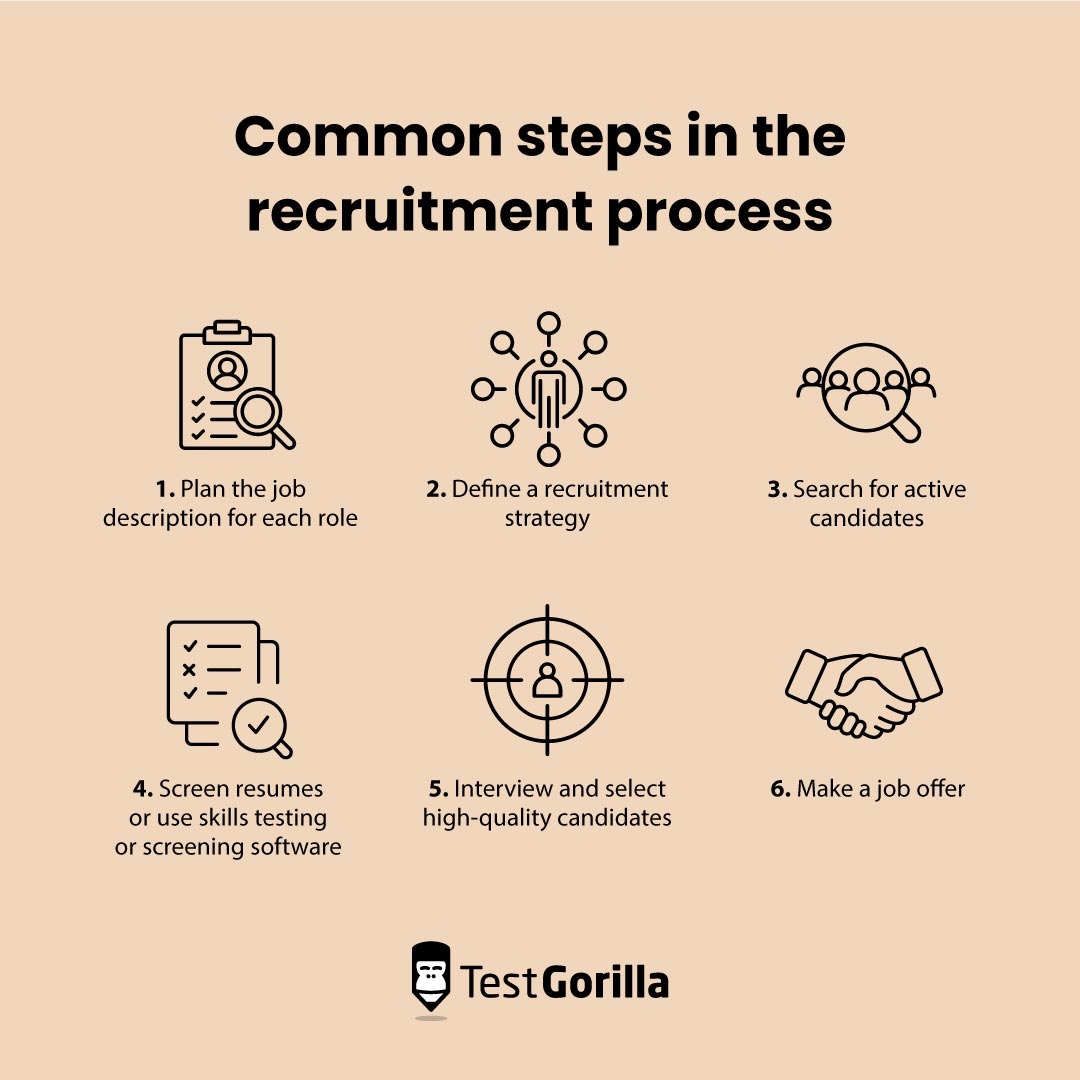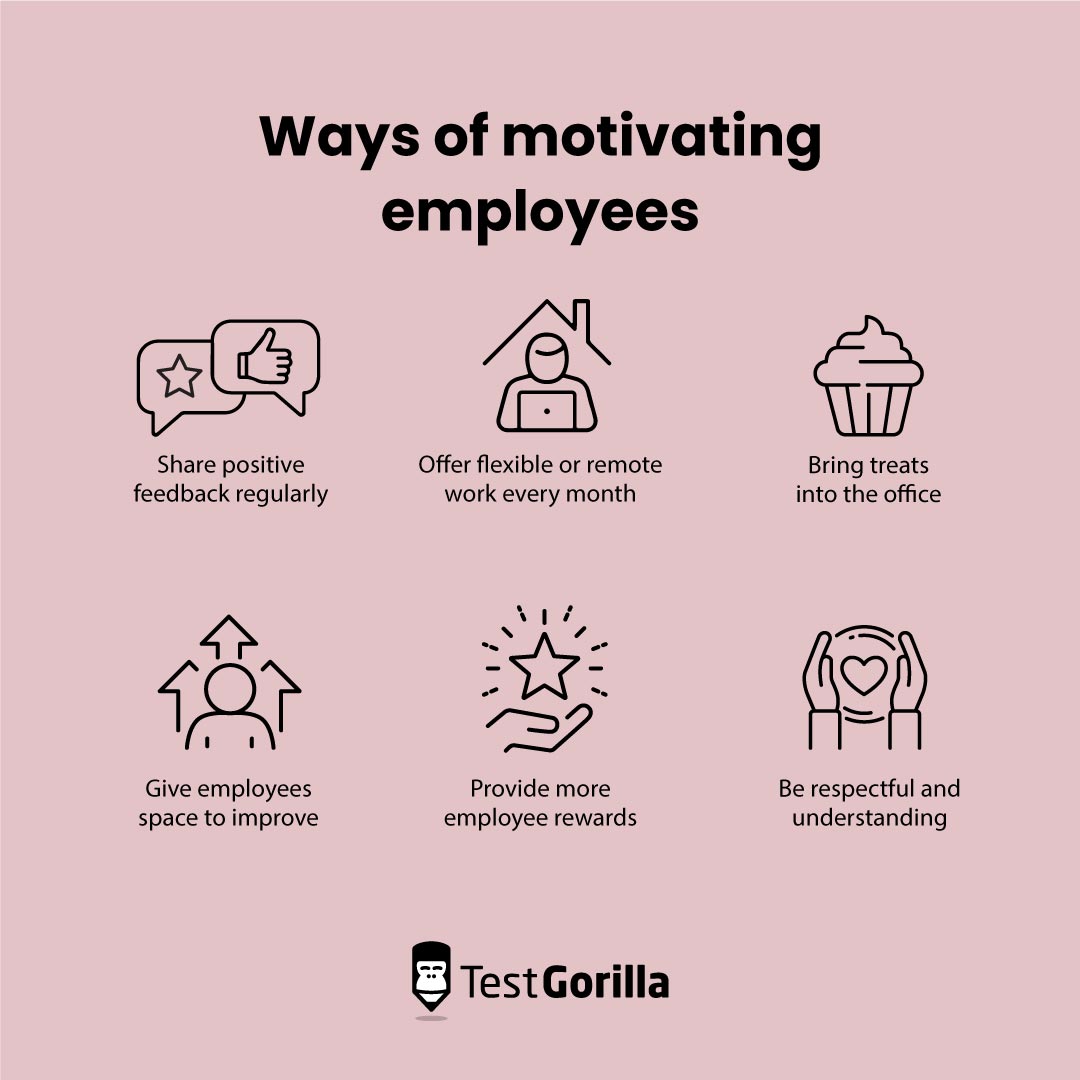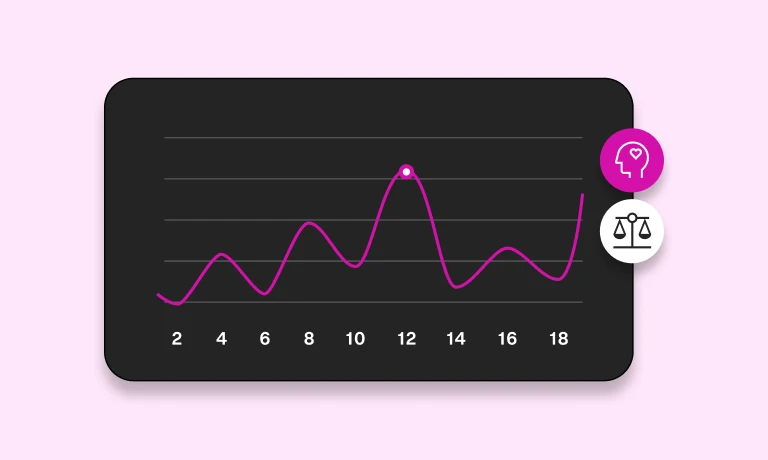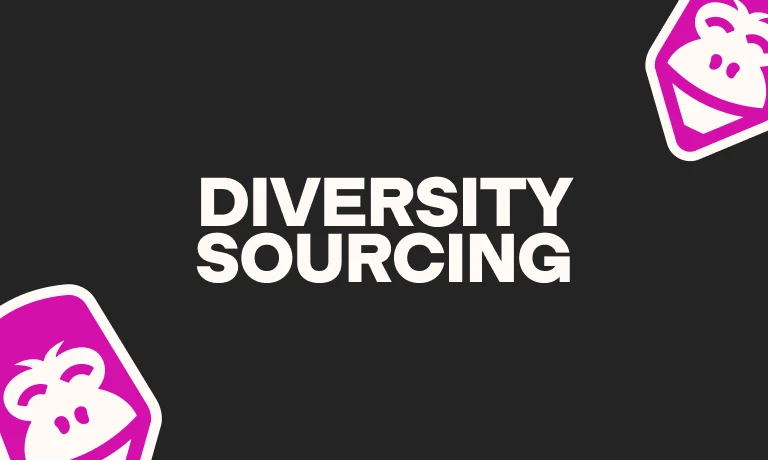20 HR generalist interview questions and answers
Working in HR requires experience in a related field, as well as strong communication and leadership skills. Finding qualified HR professionals can be challenging if you don’t have suitable interview questions to ask your candidates.
Sending skills tests to the candidates in your applicant pool is a great way of enhancing your hiring process. The HR Fundamentals test can help you find top talent with relevant knowledge of recruitment, compensation structure, and more. After that, you can invite high-quality candidates to an interview.
Choosing the right questions before conducting your interviews is essential. Discover 20 HR generalist interview questions and answers to help you hire the right person for your team.
20 HR generalist interview questions and answers related to personality, skills, and experience
Check out these 20 HR generalist interview questions and answers that cover performance management, employee engagement, onboarding, and general employment law compliance surrounding HR. You can choose questions that suit your open position and interviewing techniques.
1. How would you make a new employee feel welcome in our company?
HR generalists are responsible for onboarding and welcoming new employees. They should have a deep understanding of your company’s values and expectations and feel confident communicating them to the recent hire.
There are many ways to introduce a new employee to team members, but helping them to fit in and start on their tasks is critical.
Common ways to welcome employees include to:
Arrange a social event outside of work
Connect with them via text messages and video calls
Show them around the office
Find a digital support platform for onboarding
Create opportunities for collaboration
Become acquainted with the new hire’s needs and values
Provide online training for virtual onboarding
2. Talk me through the steps of organizing your week.
HR departments can get busy and overwhelming at times. Those who work in this demanding role require excellent time management to stay on top of their tasks. They must support senior management and remain calm during stressful situations, such as when dealing with workplace conflicts or challenging clients.
Professional HR generalists may use digital tools to write weekly to-do lists. For example, writing a list in Microsoft Excel can encourage them to tick off each task. Prioritizing assignments by scheduling tight deadlines ensures they don’t miss anything important.
Consider sending candidates a Time Management test to see how they prioritize demanding projects and plan their weeks to prevent missed deadlines.
3. What do you believe to be confidential information, and how do you protect it?
HR generalists will know confidential information regarding employees and your organization, so they must understand its importance and how to protect it.
Many details in employee personnel files, like birth dates, religion, social security numbers, home addresses, and marital status, require confidentiality. Breaching any of this information can lead to disciplinary actions and potential lawsuits.
Not many businesses store confidential details on paper, but if they do, HR generalists will keep the documents locked in a cabinet or safe. They may also use password-protected, high-security databases that store digital information. An orientation process involving data privacy and security will also ensure HR generalists are careful with sensitive documents.
To hire trustworthy and capable HR professionals, send candidates a GDPR & Privacy test. This will help you determine whether they know the general data protection regulation policies in HR.
4. How do you keep track of state-specific labor laws and national HR regulations?
HR departments have many legal obligations and laws to follow. Therefore, candidates must understand what they are and how to keep track of changing regulations. Your company may have an employee handbook containing relevant information, but HR generalists should also do their research.
The following resources cover human resource legislation:
US Office of Personnel Management (OPM): This is the top agency for providing HR policies and news reports from professionals. It also offers essential information for understanding diversity and inclusion in the workplace.
The US Department of Health and Human Services (HHS): HR generalists must understand occupational health and safety laws before starting the role. This resource covers everything from fall protection to dangerous machinery.
SHRM HR Magazine: Candidates can read this publication every month to gain insights into press releases, trending news, and updates about policy development and implementation.
The Society for Human Resource Management (SHRM): Members of this professional co-operation upload regular newsletters, updates, and e-books with HR advice.
Internal Revenue Service (IRS): This resource covers HR aspects such as payroll administration, income, compensation structure, and tax reporting.
If applicants mention any of these resources, they likely have a solid understanding of HR requirements. Consistent research and willingness to learn show strong initiative in those who want to succeed.
5. How would you implement a new HR policy?
Part of an HR generalist’s job description involves implementing new policies. These workplace procedures are vital for keeping employees and management in check. An ideal candidate will know how to develop policies and merge them with existing regulations in your business.
Common steps for policy implementation include to:
Identify the reason for a policy and how it will benefit the company
Provide written guidelines and compile them in an employee handbook
Communicate policies with managers and supervisors
Arrange a meeting with employees to discuss the policy and answer questions
Review policies regularly to ensure they comply with federal and state laws
6. What steps would you take to terminate an employee?
Terminating an employee’s contract isn’t the easiest of tasks. Firing someone the right way can make it more likely that the organization and employee remain on good terms, even after an unexpected termination.
HR generalists usually follow these steps when saying goodbye to a team member:
Report the problem in a document: An HR generalist must take note of the issue to prevent unlawful termination suits or discrimination claims. This document acts as evidence when firing an employee.
Create a performance improvement plan: Employees who didn’t commit a serious offense in your business should get a second chance, whether to improve their behavior or communication. Performance improvement plans give employees a final opportunity to prove their diligence in the workplace.
Terminate the contract: If employees don’t improve, it’s time to end their contract. HR generalists should also confirm this termination with senior management.
Conduct an exit interview: Arranging a meeting, also called an exit interview, with the employee ensures both parties communicate properly. The HR generalist should get straight to the point when discussing their pay, benefits, and reason for termination.
7. Tell me how you would improve our employer branding.
Employer branding is a company’s overall message and mission. Customers, potential clients, and stakeholders can determine whether they want to invest in an organization by looking at its branding strategy.
HR generalists will contribute to your employer branding, meaning candidates should understand how to share positive messages through social media, employee wellness programs, and recruitment.
For example, they might create an employee referral program to encourage team members to spread optimistic views about your work culture and hiring rate.
8. How do you ensure employees are happy and satisfied with their work?
Research has shown that happier individuals are 12% more productive.
HR generalists should be role models to team members by enforcing a positive work environment through events, meetings, and personal conversations. Employee assistance programs offering short-term counseling and confidential assessments can help employees express their thoughts and feelings.
9. Describe the different types of performance reviews.
A performance review is a formal job evaluation of an employee’s work performance, strengths, weaknesses, and skills. This review determines whether the employee is improving or suffering from low productivity levels.
HR generalists usually conduct performance reviews by arranging meetings with each employee and asking them questions about their personal development goals, improvements, and concerns.
Common types of performance reviews include:
Self-assessment: This type of review requires employees to complete a questionnaire to reflect on their strengths and weaknesses. Then, the HR generalist will conduct an in-depth job analysis to determine potential improvements.
Graphic rating scale: When performing this simple and traditional review, HR generalists create a table that includes factors like productivity, teamwork, behavior, and punctuality. Next to those factors is a scale from zero to five, with five being excellent.
Team assessment: Evaluating employees individually is essential, but evaluating the entire team can boost collaboration. This review encourages all team members to attend a meeting and discuss their personal strengths.
360-degree rating: The 360-degree performance review is popular among potential leaders. Everyone, including managers, stakeholders, and customers, can join the assessment.
10. How do you handle conflict in the workplace?
Conflict resolution is the process of resolving conflict professionally. A great understanding of workplace disputes and how to end them is crucial, given that 36% of employees experience conflict regularly. Therefore, interviewees must explain their process for stopping arguments among team members.
One way to do this is by inviting both parties to a meeting to discuss their problems in private and identify points of agreement and disagreement.
To determine whether candidates can handle conflict, send them a Problem Solving test. The best applicants will be able to use their analytical and problem-solving skills to solve problems without getting stressed or overwhelmed.
11. What HR software or tools do you have the most experience with?
Online tools and software programs can help HR generalists complete specific tasks. Most programs enable these professionals to store confidential information or organize their weekly duties. Candidates with the most experience should name a few helpful tools that enhance their workflow.
The following are some examples of such software programs and tools:
BambooHR
Microsoft Excel
Paycom
ADP
Zenefits
Rippling
SAP SuccessFactors
Workday, Inc.
12. How do you keep accurate records?
Consistency and organization are vital for effective recordkeeping. HR generalists must know how to maintain accurate employee records to verify and evaluate critical information.
The candidate may discuss storing details in an HR information system (HRIS). This tool ensures all files and documents have accurate names across every record type. Most businesses must maintain records such as employment contracts, payroll, and medical needs.
To ensure applicants can accurately maintain employees’ information, send them an Attention to Detail test. They will be prompted to examine small details and identify inconsistencies in textual information.
13. What methods do you follow in the recruitment process?
The recruitment process has a few distinct steps that many HR generalists follow. An ideal candidate will understand how hiring works, especially if they plan to complete your company’s screening duties.
Everyone has their own unique ways of navigating a workplace process, but applicants must follow a similar procedure when hiring professionals.
Common steps in the recruitment process include to:
Plan the job description for each role
Define a recruitment strategy, either through job postings or recruitment agencies
Search for active candidates on the chosen recruitment platforms
Screen resumes or use skills testing or screening software
Interview and select high-quality candidates
Make a job offer to move on to the onboarding process
14. Have you ever interviewed anyone for a job?
HR generalists may have to interview candidates to select a suitable professional for the organization. This process involves screening resumes or sending skills assessments to each job applicant before holding interviews.
HR departments usually conduct the first set of interviews before managers handle the next recruitment stage. Your applicants should understand the key responsibilities of an HR generalist, including initial screening and interviewing.
15. How would you motivate employees?
It’s easy for employees’ motivation to dip throughout the year, especially during busy times. Low productivity levels are common, but poor mental health is another problem that affects employee morale. An HR generalist should understand why there is a lack of motivation and how to fix it.
Below are some ways of motivating employees:
Share positive feedback regularly
Offer flexible or remote work every month
Bring treats, such as food or drinks, into the office
Give employees space to improve
Provide more employee rewards like discounts
Be respectful and understanding
Send candidates a Motivation test to learn more about their inner passions and how they can use their motivators to encourage other employees.
16. Do you think collecting data and creating reports on staff performance is important?
By asking this question, you can learn more about the interviewee’s understanding of staff performance and reviews. Since these reports are essential for improving a company’s operations and work environment, candidates should stress their importance to employees.
Collecting data through performance reviews or progress sheets can help the HR department allocate resources toward workforce planning and organizational development.
17. What is your biggest challenge in HR?
This question can help you better understand the candidate’s personality and career challenges in HR. Everyone has their specific struggles, especially in new jobs that involve demanding tasks. However, how applicants deal with personal challenges should be your main focus.
For example, one common challenge is change management. This is the process of implementing change in external and internal operations.
Those without adaptability skills may fall behind during major company developments. An ideal candidate will state their potential concerns and how they would overcome them, whether by communicating with management or staying open with employees.
To learn more about an applicant’s personality, send them the 16 Types test. This personality assessment gives you insight into their passion, skills, career goals, dislikes, and fears.
18. What would you do if a staff member suddenly left our company?
Your business won’t always be able to predict sudden departures. Employees can suddenly leave without notice, which may cause issues for other team members and the HR department. Therefore, HR generalists should prepare to handle similar situations professionally.
The first step is to contact the staff member and request a meeting. If they don’t want to attend a formal meeting, speaking over a phone call is the last option. It’s crucial to discuss their reasons for leaving, final wages, and remaining benefits. HR can then write an employee termination statement and send it to the individual.
19. What is your process for handling employee complaints?
HR generalists must manage employees’ complaints professionally. One way to do this is to practice active listening by giving the other person space to discuss their issues. Asking questions also ensures the employee and HR generalist are on the same page.
Candidates must also state the process of receiving and handling a complaint in HR. This usually includes taking note of the problem in a formal document and investigating the claim. Instances of workplace harassment or other serious issues should go straight to senior management.
20. Our company wants to improve employee retention rates. What strategies would you use to achieve this goal?
Applicants must understand the importance of high employee retention rates. Employees who want to stay in a company are usually satisfied with their progress, future career goals, and work-life balance. Therefore, maintaining this positive engagement is necessary for improving your organization’s environment.
An ideal candidate will focus on employee recognition. For instance, they may give team members continuous feedback and coaching sessions to ensure they feel appreciated. Conducting a performance appraisal to discuss their strengths in an interview or over the phone can also help your business retain talent.
Here are some other ways to improve employee retention rates:
Create mentorship programs to support employees
Regularly communicate company updates
Offer more benefits, such as discounts or free food
Encourage skill development
Arrange social events at and outside of work
Provide training and development programs
When should you use HR generalist interview questions and answers in your hiring process?
Using skills tests before asking HR generalist interview questions ensures you choose suitable candidates. Searching through a talent pool can be time-consuming and challenging, so it’s worth sending job applicants a skills assessment to determine whether they have enough experience and skills.
Incorporating relevant skills assessments into your hiring process will also reduce unconscious bias and bridge talent gaps. Since 87% of companies have skill gaps or expect to within the next few years, getting ahead of this problem is essential.
If you’re unsure about switching to skills-based hiring, we’ll give you a quick rundown. All you need to do is send candidates skills tests related to HR. Once they have completed the tests, you can compare their results to decide which job applicants to interview for the HR generalist position.
Recommended reading: How to assess HR generalist skills
The best insights on HR and recruitment, delivered to your inbox.
Biweekly updates. No spam. Unsubscribe any time.
Find top talent using our skills tests and HR generalist interview questions and answers
Now that you have the resources required for interviewing, take a look through our test library. We have a range of comprehensive tests that cover prominent personality traits, cognitive function, business judgment, software skills, and more.
Book a free demo to discuss your hiring process with one of our experts. They can help you achieve a highly accurate screening experience that ensures you find the right HR professional for your business.
Do you want to find top talent in your applicant pool? Use our HR Fundamentals test and HR generalist interview questions and answers.
Related posts
You've scrolled this far
Why not try TestGorilla for free, and see what happens when you put skills first.


